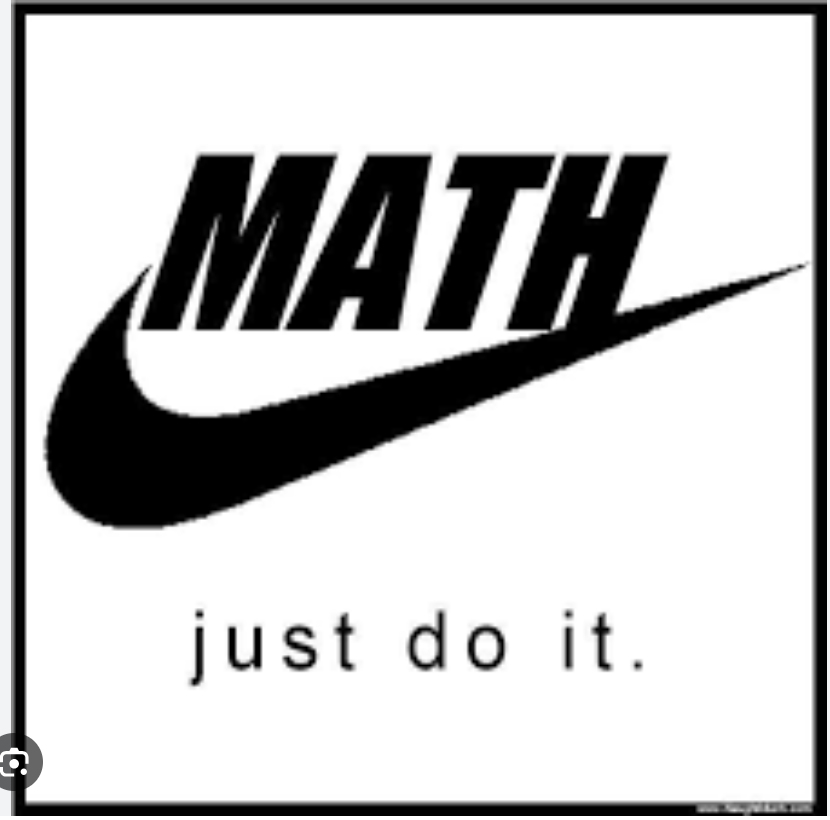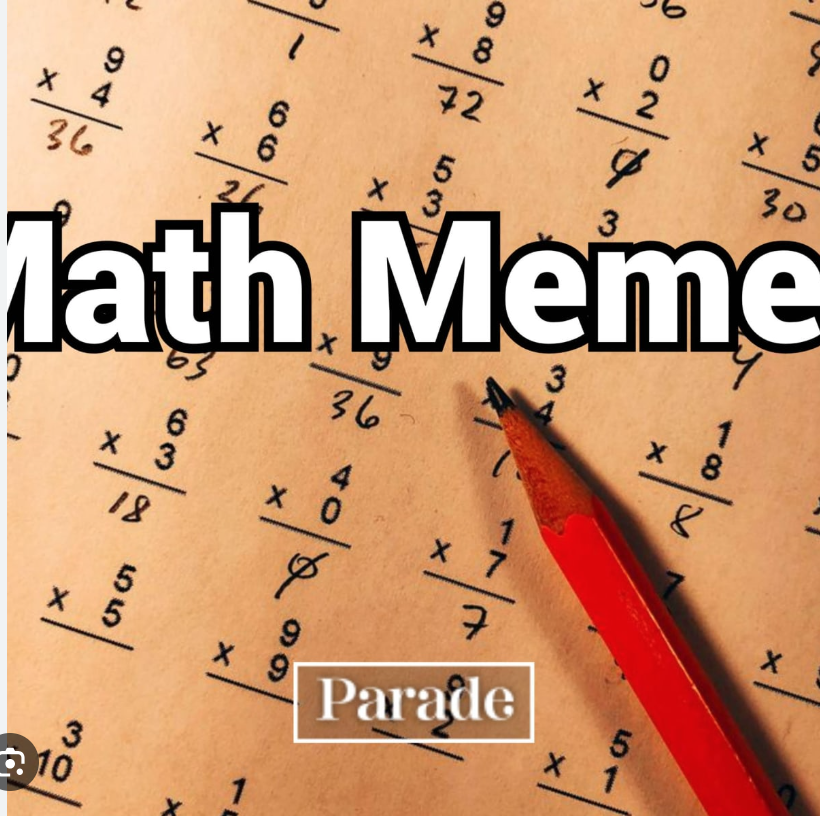
The factor by which a quantity grows each time period in exponential growth. usually denoted by r or b, where b=1+r

A transformation that moves the graph of a function up or down along the y-axis without changing its shape.

The set of all possible output values for a function. For exponential functions, the range is (0,+∞) (0,+∞) for growth and (0,1) (0,1) for decay.

A line that a curve approaches but never touches or crosses. Exponential functions often have horizontal asymptotes.

Another term for the common exponential function f(x)=e^x.

he factor by which a quantity decays each time period in exponential decay. It is usually denoted by r or b, where b=1-r

The visual representation of an exponential function on a coordinate plane.

The time it takes for a quantity to decrease to half its initial value in exponential decay situations.

The set of all possible input values for a function. For exponential functions

f(x)=e^x.

A transformation that moves the graph of a function left or right along the x-axis without changing its shape.

Interest calculated on the initial principal and the interest from previous periods, resulting in exponential growth of the investment over time.
Horizontal shift
Vertical Shift
Graphical Representation
Decay Factor
Asymptote
Half-Life
Natural exponential Function
Domain
Compound interest
Common Exponential Function
Range
Growth factor